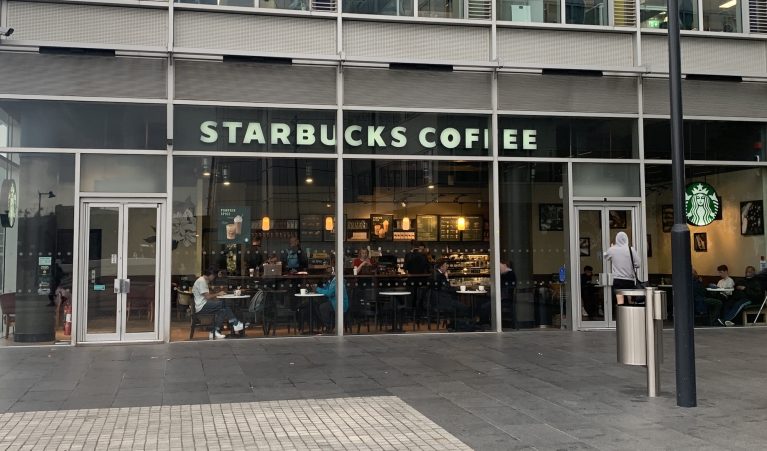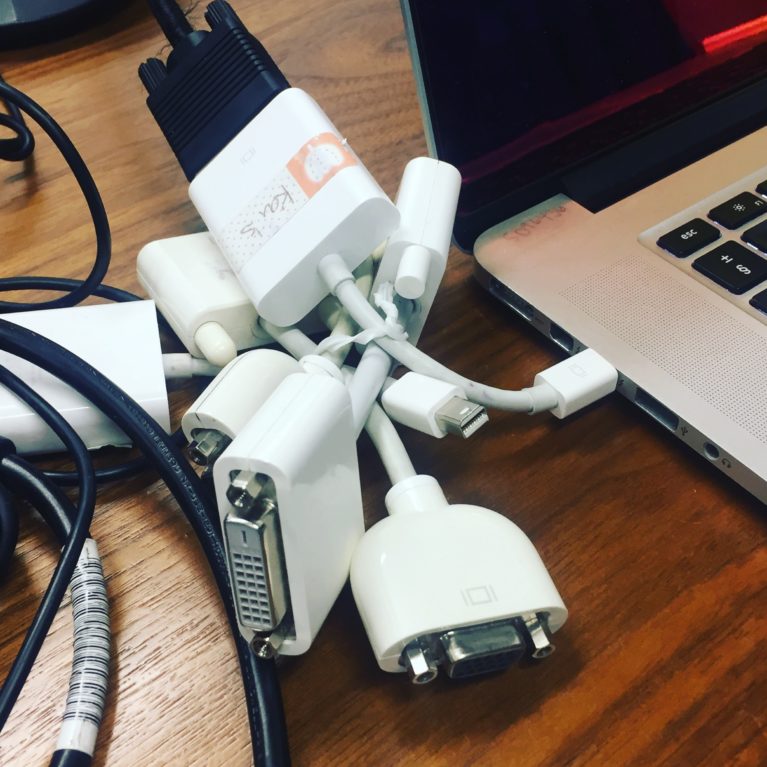My AudioMo contribution for June 12 is a reflection on commuting – or its absence. And a realisation that it’ll never go back to the way it was before.
bbc
Ten years at the BBC
StandardOn September 21 2009 I sat with Roly Keating, at the time the Director of Archive Content for the BBC, outside this Starbucks in what was the BBC’s Media Centre, and talked to him about taking on a six month role to work in his team as the Head of Partnership Development. It was a quick job, sorting out a partnership strategy for the recently formed BBC Archive Development team run by Tony Ageh and setting up a couple of key agreements.
I’d been asked to go for the job by Tony as he and I had worked together back in 1994 when he ran The Guardian’s innovation group, the PDU, and I’d come over from PIPEX to run the New Media Lab and build the first iteration of The Guardian’s online presence. We’d stayed in touch since, and I’d been involved after he had arrived at the BBC in 2001. After working to develop the website and iPlayer, Tony was currently trying to make the archive more accessible, especially to other cultural institutions.
Public Service: beyond the Open Internet
StandardAnyone who has followed my writing, talks and broadcasting over the last two decades will know that I have a very consistent view of the ways in which we need to manage the Internet (I’ll grant myself the privilege of using an upper-case I to talk about the network I’ve been living and working with since the mid-80’s – it remains a singular thing to me) in order to make it work for people and society.
From my pamphlet on the mutualism of the Internet for the Cooperative Party in 2000 (https://medium.com/@billt/e-mutualism-or-the-tragedy-of-the-dot-commons-489bfbd965ea), through my inflammatory essay for The Register in August 2002 (https://www.theregister.co.uk/2002/08/09/damn_the_constitution_europe_must/) , and my Cybersalon Christmas Lecture at the ICA later that year (https://medium.com/@billt/in-december-2002-i-gave-the-cybersalon-new-media-knowledge-christmas-lecture-at-the-institute-of-97f7510e4eb8), and on through many columns, talks and extemporised rants over the years, I’ve argued that we need to create rules that allow us to deliver a network that genuinely supports free expression, and that this requires engineering effort, because a dumb, unregulable, end-to-end service that simply delivers bits does not properly serve the public interest.
I’ve always argued that we don’t get free speech by having no rules online, but by building a network that can have rules applied and then winning the political arguments for laws and regulations which guarantee that free speech, within the bounds of a specific group, country or culture, and according to their agreed standards.

